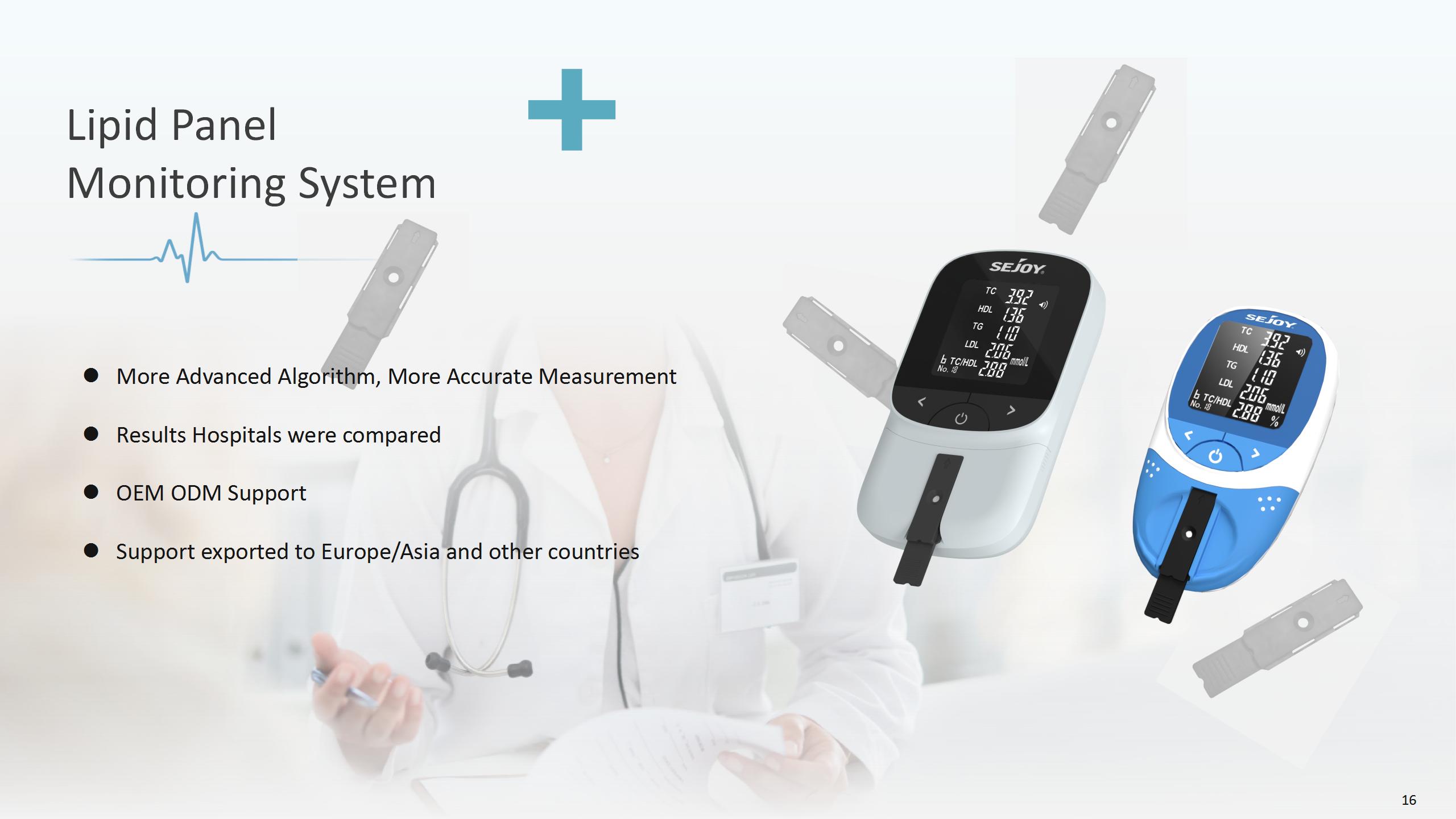Reasonable diet for hyperlipidemia
Hyperlipidemia refers to abnormal elevation of lipid components such as cholesterol and triglycerides in the blood, exceeding the normal range. A reasonable diet is an important means of preventing and treating hyperlipidemia. By regulating diet, blood lipid levels can be effectively reduced and the risk of cardiovascular and cerebrovascular diseases can be minimized.
1. Advocate a light diet and limit high-fat and high cholesterol diets, such as animal brain marrow, egg yolks, chicken liver, butter, etc.
Limit fat intake to 30-50g per day.
3. Limit sugary foods and avoid sweets and snacks. Eat more vegetables and fruits.
A low salt diet should not exceed 5g per day. Low salt diet is mainly targeted at patients with hypertension. If a patient with hypertension and hyperlipidemia needs a low salt and low-fat diet in their daily life, they should avoid consuming pickled vegetables, salted eggs, fatty meat, etc.
The selection of edible oil should include soybean oil, peanut oil, vegetable oil, sesame oil, etc.
6. Absolutely quit smoking and alcohol. Nicotine in cigarettes can cause constriction of surrounding blood vessels and increase myocardial stress, leading to elevated blood pressure and angina attacks. Inappropriate alcohol consumption can lead to decreased heart function, damage to the gastrointestinal tract, liver, nervous system, and endocrine system. Smoking and alcohol consumption should be absolutely avoided.
Dietary methods for high blood lipids
1. Moderate tea consumption: The catechins contained in tea have the effect of enhancing vascular flexibility, elasticity, and permeability, which can prevent arteriosclerosis. But drinking too much strong tea can stimulate the heart, make the heartbeat faster, and be harmful to the body.
2. Control saturated fat intake: Saturated fat mainly exists in animal based foods, such as fatty meat, whole milk products, etc. Patients with hyperlipidemia should try to eat less of these foods to lower cholesterol levels in their blood.
3. Increasing intake of unsaturated fats: Unsaturated fats help lower cholesterol levels and are beneficial for cardiovascular health. Foods rich in unsaturated fats such as olive oil, fish, and nuts are good choices.
4. Choose high-quality protein sources: Patients with hyperlipidemia should choose low-fat, high protein foods such as fish, chicken, beans, etc. These foods can provide the body with the necessary nutrients without increasing blood lipid levels.
5. Control salt intake: A high salt diet can lead to elevated blood pressure and increase cardiovascular burden. Therefore, patients with hyperlipidemia should maintain a low salt diet to reduce the risk of cardiovascular disease.
A reasonable diet is an important part of improving the health status of patients with hyperlipidemia. By adjusting dietary habits, it is possible to effectively reduce blood lipid levels and prevent the occurrence of cardiovascular and metabolic diseases.
Sejoy provides a blood lipid analyzer, lipid profile, lipid panel analyzer, If needed, please feel free to consult!
Post time: Sep-05-2024


